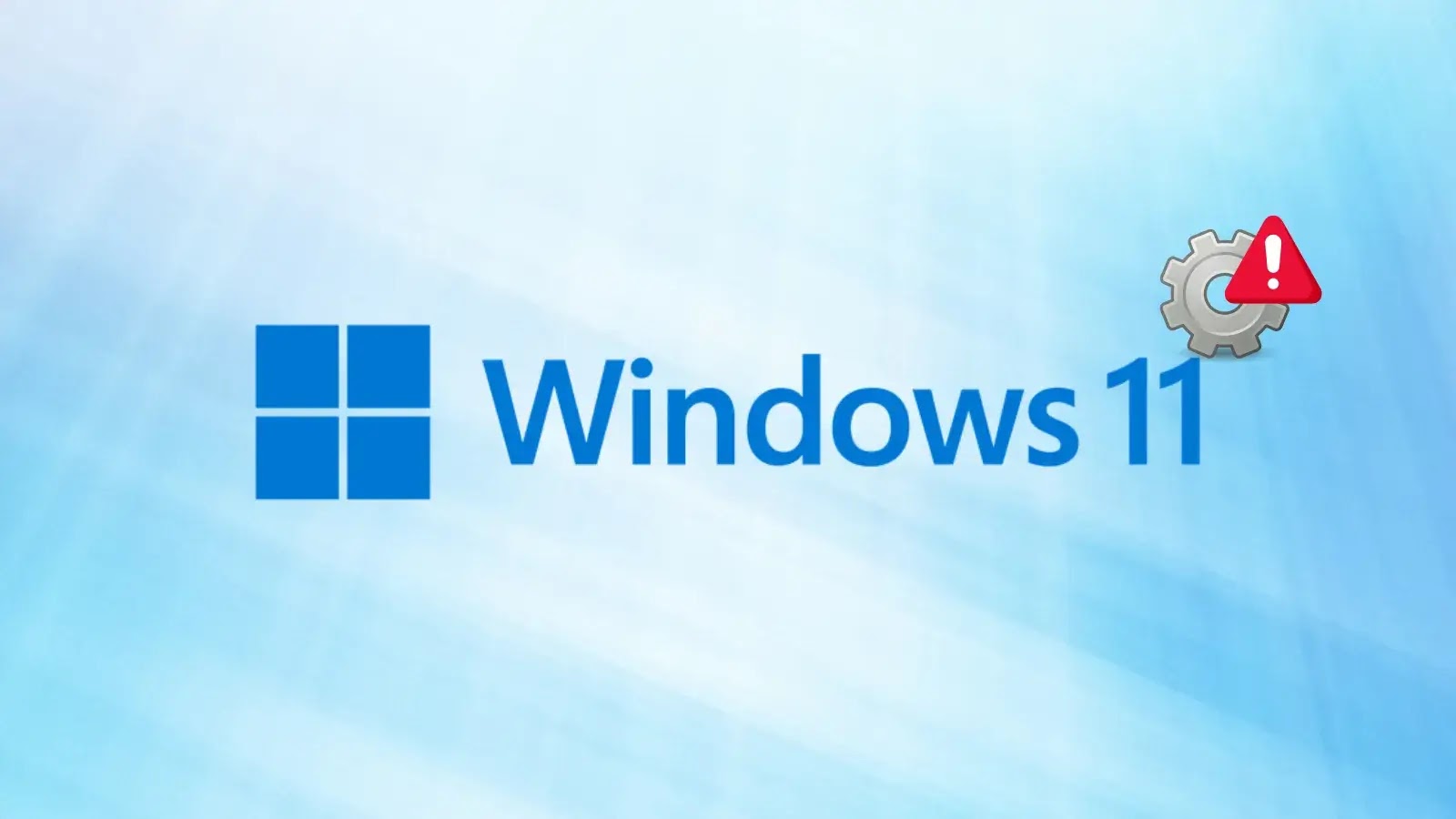
Windows 11 24H2/25H2 Update Causes Task Manager to be Active After Closure
A Lingering Glitch: Task Manager Persists After Closure in Windows 11 24H2/25H2 Update
In the intricate ecosystem of operating systems, even minor disruptions to core utilities can ripple into significant user frustration and productivity concerns. The Task Manager, a ubiquitous tool for monitoring system performance and managing processes, is a cornerstone of troubleshooting and system control for Windows users. Imagine closing this essential utility, only for it to continue consuming resources in the background. This is precisely the scenario unfolding for users of Windows 11 versions 24H2 and 25H2, following a recent non-security update from Microsoft.
The Update Behind the Oversight: KB5067036 and Its Impact
Microsoft recently rolled out update KB5067036 for Windows 11 24H2 and 25H2. While seemingly a routine, non-security patch, this update has introduced an unexpected and somewhat stealthy bug: the Task Manager application continues to run in the background even after being explicitly closed by the user. This isn’t just an aesthetic inconvenience; a persistently active application, even when not in the foreground, can impact system resources, potentially leading to increased CPU usage, memory consumption, and even battery drain on portable devices.
The issue stems from how the updated system handles the termination of the Task Manager process. Instead of fully releasing its resources and ceasing execution upon closure, a remnant of the process apparently continues to operate in the background. While the immediate security implications might seem minimal, any unexpected behavior in core OS components warrants attention from both a user experience and system stability perspective.
Understanding the Implications for System Performance
While the Task Manager isn’t typically a CPU-intensive application when idle, its persistent background activity can contribute to overall system overhead. For power users, IT professionals, and developers who frequently open and close the Task Manager for diagnostic purposes, this bug can lead to a cumulative drain on system resources. Identifying and terminating these orphaned processes would usually fall to the Task Manager itself, creating an ironic situation where the tool needed to fix the problem is the problem.
- Increased Resource Consumption: Even a “closed” Task Manager can hold onto CPU cycles and memory.
- Battery Drain: Laptops and other portable devices may experience reduced battery life.
- System Instability (Potential): While unlikely for this specific bug, persistent ghost processes can occasionally lead to broader system instability or conflicts.
- User Frustration: The expectation is that a closed application truly closes, not lingers.
Remediation Actions: Addressing the Persistent Task Manager
Given that this is an officially acknowledged bug and not a security vulnerability (such as CVE-2023-38183, a privilege escalation vulnerability in Windows Kernel), there isn’t a “patch” in the traditional sense available yet. However, users can employ several workarounds to mitigate the issue until Microsoft releases a fix.
- Regular System Reboot: A full system reboot will clear all running processes, including the lingering Task Manager instance.
- Force Termination via Command Prompt or PowerShell:
- Open Command Prompt or PowerShell as an administrator.
- To find the process ID (PID) of the Task Manager (which might be named “Taskmgr.exe”), type:
tasklist | findstr /I "Taskmgr.exe" - Once you have the PID, terminate it with:
taskkill /PID [PID_NUMBER] /F(Replace[PID_NUMBER]with the actual PID).
- Monitor for Official Microsoft Patches: Keep your Windows operating system updated. Microsoft is aware of the issue, and a future cumulative update or hotfix is expected to resolve it. Check Windows Update frequently for new installations.
The Path Forward: Awaiting an Official Fix
This incident serves as a reminder that even mature operating systems can introduce unexpected behaviors with routine updates. While the current Task Manager bug in Windows 11 24H2/25H2 is more of an annoyance than a critical security flaw, it highlights the importance of thorough testing and user feedback in the software development lifecycle. Users should remain vigilant for official communications from Microsoft regarding a resolution to KB5067036’s unintended side effect on the Task Manager. Maintaining an updated system remains the best defense against both security vulnerabilities and such operational glitches.





